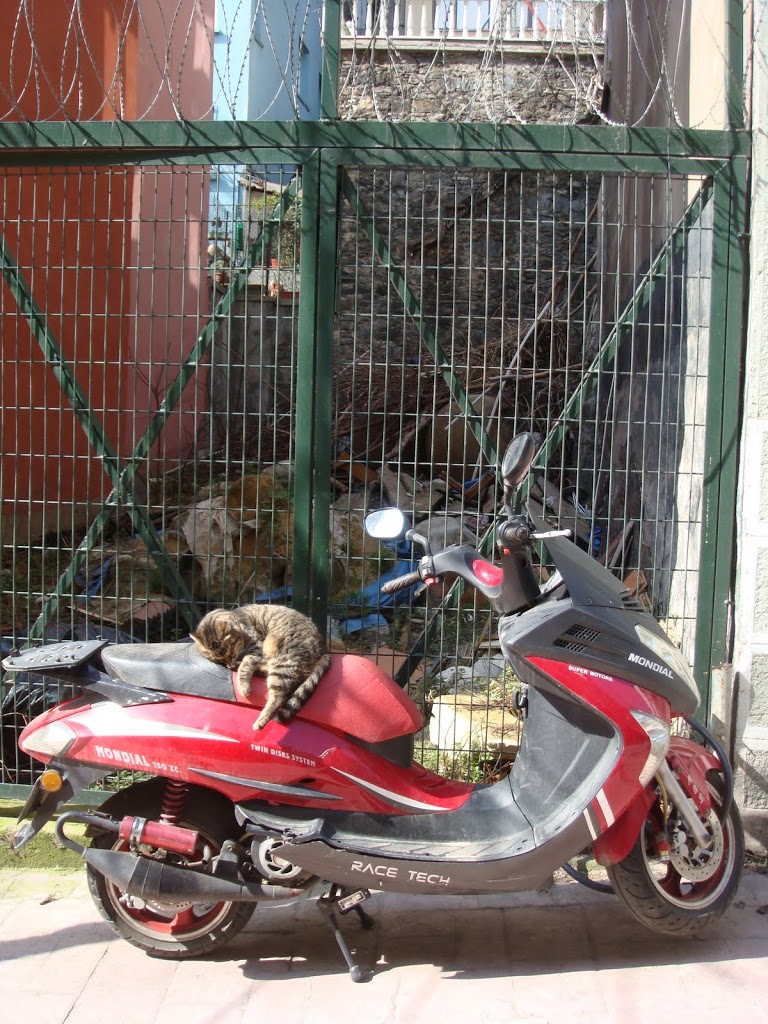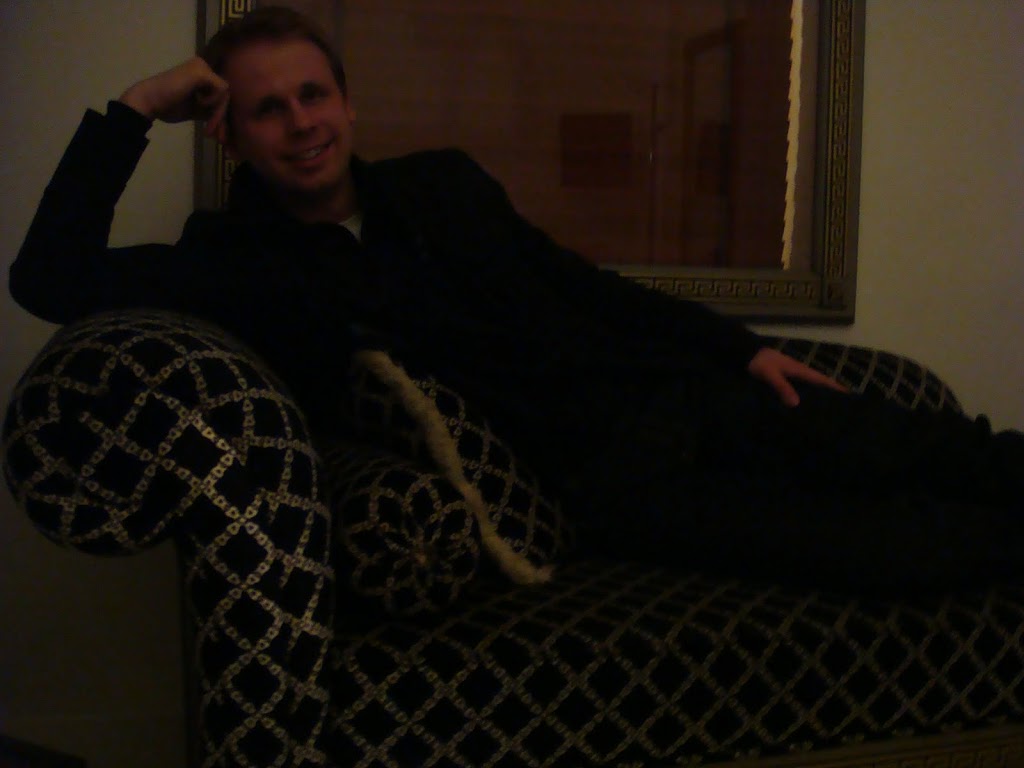
One of the joys of moving to a new city is the process of forming a social network. In my book, this joy is slightly greater than shots of antibiotics in painful places, and infinitely less than the joy of cooking.
Making new friends takes work. It involves treading a fine line between proactivity and stalkerville. Despite your best intentions, there’s a good chance that at least a few people you call or email – friends of friends, people you met out and about – will think you are nosy/presumptuous/offensive/annoying. Or hitting on them. But when the alternative is sitting alone at home, or going out with the delivery man who misinterpreted your friendly conversation as an unspoken invitation to ring your doorbell in the middle of the night, sending some awkward emails to people you barely know seems a small price to pay.
Especially when they so often yield great rewards. One recipient of one said awkward email has both become a good friend and pointed me in the direction of the Professional American Women of Istanbul, a networking group.
Despite a deep-seated mistrust of organised groups of women (borne out of a traumatic summer living in an all-girls cabin at band camp in my early adolescence), I decided to give PAWI a try. The first meeting I attended was at the Consul-General’s residence, a fortified mansion that looms over an innocent-looking little village a few miles north of the centre of town. I wasn’t sure what kind of people I would be meeting – ladies who lunch (here known by the code name ‘trailing spouse’)? Bra burning careerists? English teachers? – but took a cue from the name and tried to dress Professionally. The only problem was that I was still living out of the backpack I’d taken to China at that point, so the only Profession I could dress for was Starving Artist/Unemployed College Grad.
Thankfully this wasn’t an issue as the Professional American Women of Istanbul turned out to be an interesting, and forgiving, mix of the three professions I expected (trailing spouse, starving artists, English teachers), plus a healthy dose of lawyers, entrepreneurs, and executives. I also learned, to my surprise, that the Consul-General was a woman.
‘Her husband calls himself the trophy husband,’ one woman told me conspiratorially. ‘He’s quite the charmer.’
I didn’t know quite what to say to that and so made an excuse about being thirsty. In the line for tea, I found myself behind the only man in the room. Feeling friendly, I asked him, jokingly, if he was the trophy husband.
‘No, I’m not married to Sharon,’ the man said, without a trace of a smile.
‘Well, you don’t look like one of the caterers,’ I said. This too was intended as a joke.
‘No,’ again. He was not the greatest conversationalist.
‘So – what do you do here in Turkey?’
‘I’m the Ambassador,’ he said. Still no smile.
What kind of aspiring Turkey-based journalist does not recognize the US Ambassador? The answer is: a bad one. I attribute this bit of self-realization, and the career shifts it inspired, to PAWI.
I also have PAWI to thank for finally, finally finding a good answer for the question of why, for the moment, I choose to live abroad. Anyone who has lived abroad has had to contend with friends back at home who simply cannot understand why someone would choose to leave a country with stable democracy, free speech, and the best candy bar selection in the world (the case could be made for either the US or Britain in this respect). Truth be told, it’s a question many of us ask ourselves every day – see as evidence the fact that ‘Why Istanbul?‘ is one of the more popular tags in this blog.
To Maureen, who sat next to me at a PAWI networking dinner last week, the answer is simple. ‘The way I see it,’ she said, ‘is this: expats have a fundamentally different mindset to the rest of the world. While the vast majority of people exist in a world where ‘why’ is the most important and instructive question, we live in a world of ‘why not’. Why live abroad? Why not? Why Turkey? Why not?’
Maureen’s take on this question is not the first time I’ve noticed the usefulness of ‘why not’. Most memorably, it was the excuse a man named Giles gave me for moving to Gambia when I met him in the summer of 2008, which inspired me to declare 2008 my summer of ‘Why not?’ (see the blog I contributed to back then, complete with a ‘Why not?‘ post of its own, if you want more context). But Maureen’s explanation captures the zeitgeist of expatriate life in a way that has never occurred to me before, and which I will now never forget.
Photo: I walked down the street I used to live in last week and thought this cat had it pretty good. A spot in the sun, a sweet fur coat, a motorcycle: everything you need save opposable thumbs, really.


